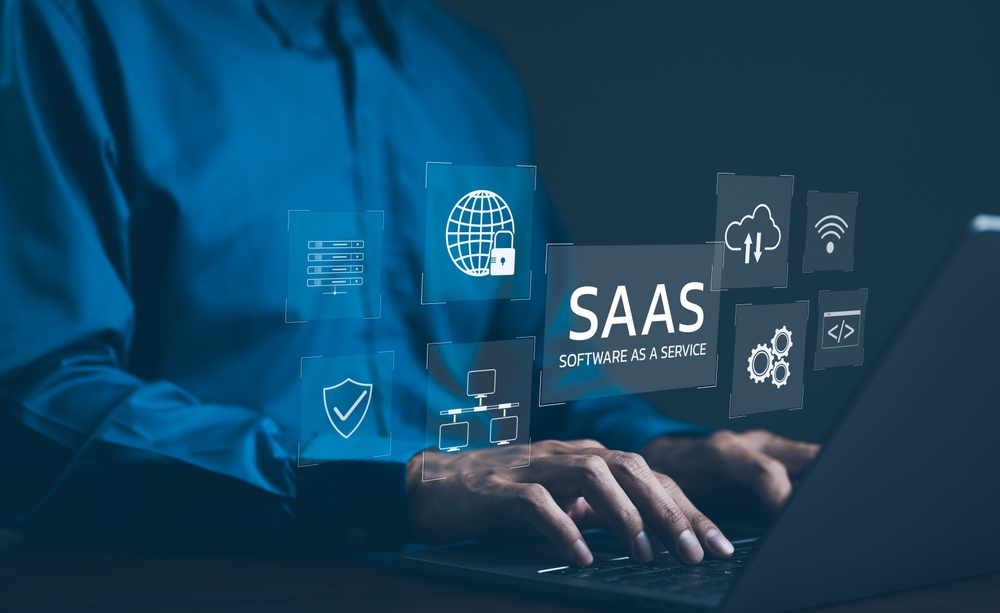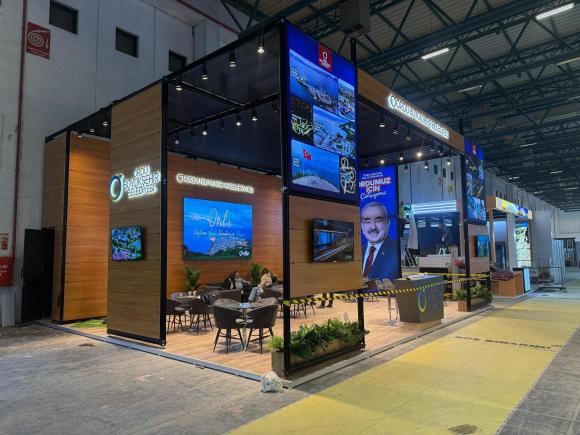Computer Maintenance Tips for Longevity and Speed
Keeping your computer in top shape is essential for both its longevity and speed upkeep. Proper PC maintenance tips can significantly enhance your system’s performance and extend its lifespan. Whether you’re a casual user or a tech enthusiast, adhering to effective computer care strategies will ensure your machine runs smoothly and efficiently. Here’s a comprehensive guide to help you optimize your PC performance and maintain your system’s health.
1. Regularly Clean Your Computer
Dust and debris are notorious for causing overheating and hardware issues. PC maintenance tips begin with physical cleanliness. Regularly clean both the interior and exterior of your computer to prevent dust buildup. Use compressed air to blow out dust from fans, heatsinks, and other internal components. For the exterior, a soft, lint-free cloth can remove smudges and grime from your monitor, keyboard, and mouse.
Ensure that your computer is turned off and unplugged before you begin cleaning to avoid any electrical hazards or accidental damage.
2. Update Your Software and Operating System
Keeping your software and operating system updated is crucial for longevity and speed upkeep. Updates often include important security patches, bug fixes, and performance improvements. Enable automatic updates for your operating system to ensure you receive the latest enhancements promptly.
Additionally, update your software applications regularly. Outdated software can be a security risk and may run inefficiently compared to their updated versions.
3. Manage Your Startup Programs
Too many programs loading at startup can slow down your system. To optimize your PC performance, review and manage your startup programs. On Windows, access the Task Manager and navigate to the Startup tab. Disable any unnecessary programs that you do not need immediately upon startup.
By reducing the number of startup programs, you can speed up boot times and improve overall system performance.
4. Perform Regular Disk Cleanups
Over time, your hard drive accumulates temporary files, cache, and other unnecessary data. Regular disk cleanups are a vital part of computer care strategies. On Windows, use the built-in Disk Cleanup tool to remove these files and free up space. For more thorough cleanup, consider third-party utilities like CCleaner.
Frequent disk cleanups not only help in maintaining free space but also can improve system speed and responsiveness.
5. Defragment Your Hard Drive
For traditional Hard Disk Drives (HDDs), defragmentation can help improve access times and overall performance. Over time, files can become fragmented, causing the system to work harder to access them. Use the built-in defragmentation tool in Windows to consolidate fragmented files.
Note: If you have a Solid State Drive (SSD), defragmentation is unnecessary and can even reduce the drive’s lifespan. Instead, ensure that the TRIM feature is enabled to maintain SSD performance.
6. Monitor System Temperatures
Heat is a major enemy of computer performance and longevity. PC maintenance tips include monitoring your system temperatures to prevent overheating. Use software tools like HWMonitor or Core Temp to keep an eye on your CPU and GPU temperatures.
Ensure that your cooling systems, such as fans and heatsinks, are functioning correctly. If temperatures are consistently high, consider improving airflow in your case or adding additional cooling solutions.
7. Run Regular Security Scans
Malware and viruses can significantly impact your system’s performance. Implement a robust security suite that includes antivirus and anti-malware tools. Perform regular security scans to detect and remove potential threats. Keep your security software updated to protect against the latest vulnerabilities.
Computer care strategies also involve being cautious with email attachments, downloads, and suspicious links to avoid malware infections.
8. Manage Your System’s Storage
Efficient storage management is crucial for maintaining longevity and speed upkeep. Regularly review and organize your files and folders. Delete or archive files that are no longer needed, and consider moving large files to external storage or cloud services.
Having ample free space on your drive can improve system performance, as it provides the operating system with the necessary room for virtual memory and temporary files.
9. Back Up Your Data
Regular backups are an essential part of PC maintenance tips. Ensure that you back up important data regularly to prevent data loss in case of hardware failure or system issues. Use external drives, network-attached storage, or cloud backup services to create secure copies of your files.
Setting up automatic backups can simplify the process and ensure that your data is always protected without requiring constant manual intervention.
10. Check for Hardware Issues
Occasionally, hardware components may develop issues that can affect performance. Regularly check your hardware for signs of wear and tear. Run diagnostic tools to test the health of your hard drive, memory, and other critical components.
If you notice unusual noises, frequent crashes, or performance drops, it may be time to replace or repair hardware components. Addressing these issues promptly can prevent further damage and maintain optimal performance.
Conclusion
Maintaining your computer with these PC maintenance tips will help ensure its longevity and speed upkeep. Regular cleaning, updating software, managing startup programs, and monitoring system health are all integral to keeping your system running smoothly. By following these computer care strategies, you’ll not only extend the lifespan of your hardware but also optimize your PC performance for a more efficient and enjoyable computing experience.
Adopt these practices into your routine and enjoy a faster, more reliable computer that meets your needs day in and day out.






